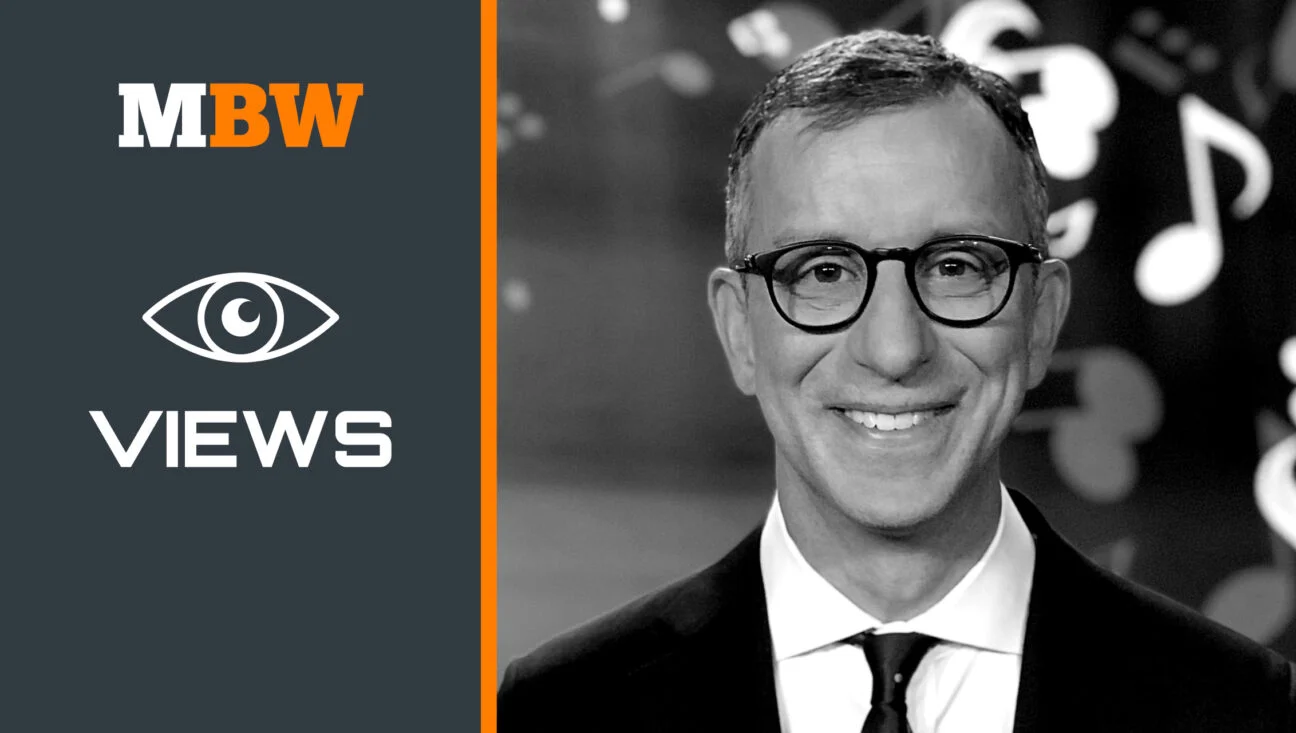Media
SONGWRITERS AND ARTISTS REFUSE TO BE PITTED AGAINST EACH OTHER.

In a recent rate court proceeding, BMI scored a significant raise for songwriters and music publishers from concert promoters in the United States.
After a protracted litigation, BMI won a 138% historical rate increase against Live Nation, AEG and the North American Concert Promoters Association (NACPA), representing the largest concert promoters in the world.
However, instead of accepting the court decision that songwriters deserve more, a troubling narrative emerged. These billion-dollar companies once again responded by claiming this increased income would not be taken out of their plentiful profits but would instead be taken from performing artists’ shares. Their response is a common obfuscation that must be addressed.
These companies, as well as the others represented by NACPA, are more than capable of finding the additional revenue to pay songwriters their fair share. In obscuring the issue, they want everyone to believe there is one pie and it is up to songwriters and artists to divide it up amongst themselves.
We as an industry reject this argument and refuse to turn artists against songwriters in pursuit of money that should be coming from neither’s pockets, but from the promoters themselves.
Keep in mind, this significant increase brings the total paid to songwriters and music publishers to a mere 0.5% of gross ticket sales.
Encouragingly, this percentage does come from a larger swath of the concert industry – now including tickets sold directly to the secondary market as well as covering some fees and VIP packages.
Consider the concert industry without songwriters. It simply would not exist. While some artists are songwriters themselves, many career creators never perform, and the fact that companies valued in the billions would not only scoff at a modest increase, but insist it come from artists share of revenue, is outrageous.
In response to Judge Stanton’s decision, Live Nation issued a somewhat shocking statement.
“We advocated on behalf of artists to keep their costs down, and managed to hold the increase to less than 1/3 of BMI’s proposed increase,” the Live Nation statement said.
“This will cost the performers we work with approximately $15 million a year spread out over thousands of artists, and cost increases for Live Nation directly are not material.”
Live Nation has a market cap of just over $16 billion, dwarfing the entire economic value of the publishing and songwriting industry.
In fact, in a bullish move, its CEO, Michael Rapino, just bought another $1 million worth of the companies’ stock a few days ago – alluding to his confidence in its growing value.
We see the same argument by Big Broadcasting when it comes to not paying artists for terrestrial radio. For decades, artists have fought to be paid a performance right from AM/FM, and we have stood by them, refusing to allow the flawed premise that it’s us against them and that if broadcasters must pay artists, they’ll have to pay songwriters less.
Every year, the broadcasters line up to petition lawmakers to ensure their narrative that the small local radio stations can’t afford to do both, when in reality these stations are almost all owned by conglomerates, and the smaller stations would not be affected under the perennially proposed legislation. Broadcasters have plenty of capital to properly pay artists without it affecting what they pay songwriters at all.
Digital streaming companies say the same about the gross imbalance of how much they pay songwriters versus artists.
They claim they cannot afford to pay songwriters more when they already pay artists so much. Meanwhile, they have complete control over their revenue models. They offer free services, some indefinitely, and slash the cost of bundled music subscriptions in some cases to zero. This again puts the burden on creators, not the massive tech companies who need and benefit from them.
The concert promoters, broadcasters and digital music platforms common excuse dodges the most obvious solution which is for these massive, multi-billion dollar companies to adjust their own margins to pay for the work that fuels their businesses.
Instead of doing this it is much more attractive to try to split the creator community into fighting each other for what does not amount to fair allocation of licensees’ resources.
Recently the concert industry has come under more fire than ever as countless fans clamor to find tickets to Adele, Beyonce and Taylor Swift only to be met by endless lines, inflated prices and unreliable secondary ticket sellers.
We know these companies are finding ever more ways to milk money from concertgoers, and fans and artists deserve better. Their virtual monopolies may not stand up to Congressional and antitrust scrutiny for much longer.
Taylor Swift has vocally expressed her concerns; however, not every artist is like Taylor who writes her own music. Most artists rely on professional songwriters, and astoundingly those songwriters get nothing from concert tickets except for this small slice of revenue from the venues.
The uphill climb for higher concert rates is overshadowed by the many streaming battles we have fought to increase what songwriters earn from the major digital platforms. However, it should not be forgotten that songwriters are the bedrock of it all.
BMI spent millions of dollars and many months to secure this increase, and we commend them for it, and we hope that the court’s ruling is a bellwether for better, fairer rates. However, it should not take such a gargantuan effort to achieve what most people would consider common sense – that songwriters deserve a significant amount of income from the massive tours their songs produce.
As Chris Dampier recently wrote, “when a major artist’s recent tour grossed $79 million, the writer of one of the songs was paid an average of just $147 for each performance”.
Artists are irreplaceable and deserve their fair share from promoters. However, do not let those promoters absolve themselves by saying that giving songwriters what they deserve must come from the artists’ share.
The pie doesn’t have to be split this way. In fact, there are multiple pies to go around.
Read on Music Business Worldwide.
